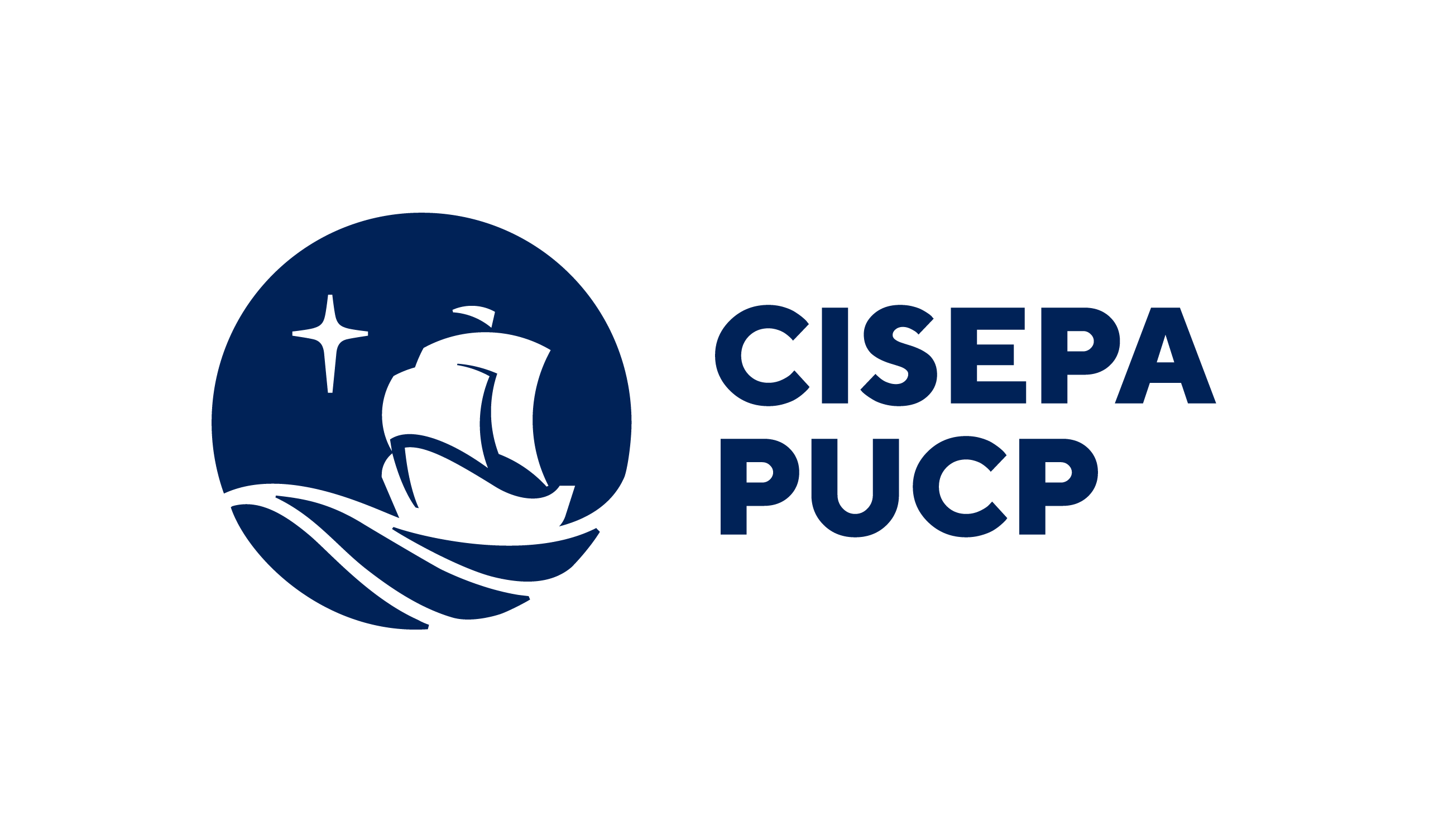What are the project's goals?
The project seeks to analyze Indigenous Peoples' perspectives on climate justice from their territories in Chile and Peru, and their interaction with state climate policies and actions. It aims to ensure that these perspectives are incorporated into official climate policy processes.
Analyzing Indigenous Peoples' perspectives on climate justice from their territories involves examining how the historical and territorial processes of these communities have interacted with the climate policies and actions of the states in Peru and Chile. Furthermore, it is crucial to identify the progress, challenges, and potential of official policies and initiatives that seek to integrate Indigenous Peoples' perspectives. The capacities of these official policies and initiatives to address broader demands for justice by Indigenous Peoples must also be highlighted and fostered.
What research questions do we have?
What results do we expect?
The project hopes to create greater understanding about the incorporation of climate justice ideas into concrete adaptation actions and/or policies. In addition, it hopes to raise awareness among policy makers about the positions of Indigenous Peoples' Groups on climate justice and thus find ways to channel them into concrete actions.
This is expected to open up greater opportunities for indigenous communities to be a more central vehicle for supporting the conceptualization and design of adaptation efforts.
What methodologies do we use?
 Document review
Document reviewand policies
 Interviews
Interviews
 Ethnographies
Ethnographies
 Participatory information-gathering and co-creation workshops
Participatory information-gathering and co-creation workshops
 Dissemination and advocacy
Dissemination and advocacy
The project makes visible the perspectives of different Indigenous Peoples and Peasant Groups on climate justice through qualitative research. The methods we use include documentary review, interviews, ethnographies and participatory data collection workshops, in which instruments such as talking maps, timelines and mapping of actors and their power are applied.
Through creative and artistic channels of co-creation, we hope to contribute to the dialogue between indigenous peoples and the state at different levels, in order to join efforts to turn ideas on climate justice into concrete policies and/or strategies. This process can only be successful if a project-centered safe space with caring and decolonial attitudes and languages can be established beforehand.
RAZÓN SOCIAL: PONTIFICIA UNIVERSIDAD CATOLICA DEL PERU
RUC: 20155945860





